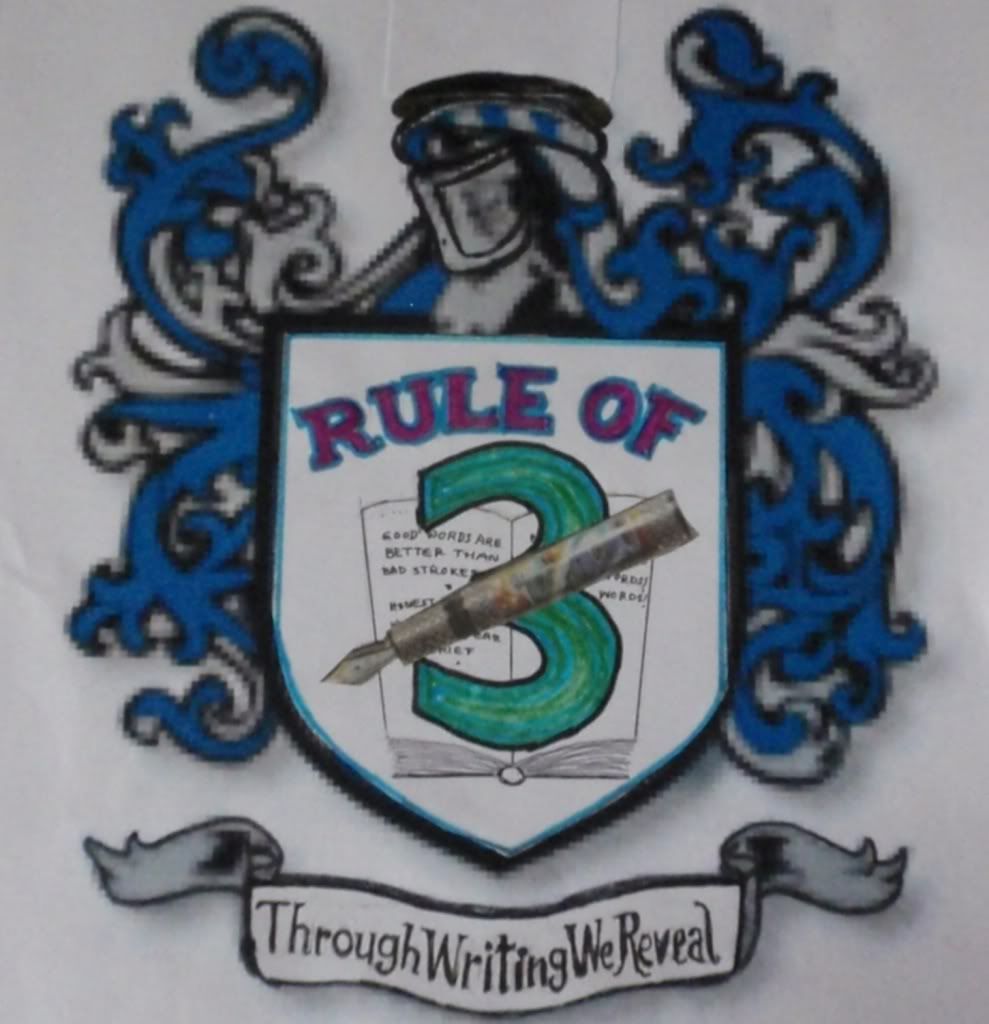Thanks to Danielle at
The Book Nerd Club, the host, and Allen and Unwin, the publisher, for allowing this read-along to occur. There will be four posts throughout October, as those participating in the read-along make their slow (frustratingly so, I might add, because I like to inhale a book once I start it) progress through the novel.
We have been provided with uncorrected proof copies of the novel to read throughout the read-along, but I believe that the book is now published.
This week, we read from the preamble to chapter 6.
I am getting into the story, maybe for no other reason than I want to know where it's heading. I don't think that I'm emotionally invested in the characters, yet. I don't know enough about them. The character development is fairly light-on. They are almost one dimensional - the way they talk is the only thing that stands out about them, at this point.
I made a note to myself that the preamble doesn't work. It's unnecessary. It doesn't create a sense of suspense. It is too vague for the reader to understand what it is supposed to be eluding to. There was a very vivid image which almost turned me off - almost dingoes eating out the fetlocks of a new-born calf. If the preamble is going to stay, then I think the whole second paragraph should come out - it doesn't add much. Overall, though, I think the book would be better without the preamble. (It's not a preamble if you need to read the story to translate the preamble.) It is very lyrical, but I think that it's trying too hard in some points - because I'm also reading Doctor Zhivago at the moment, no other lyrical writing, prose, or metaphors can compare.
Spoiler: In the first chapter, our protagonist, a young girl called Noah, is traumatised. We find out about her rape, and the odd love (unrelatable) she has for her rapist uncle. She miscarries his child, by herself, in a creek. It is alive when it's born. Instead of drowning it, she sets it into a butter box and sends it down the creek. This gives an indication of Noah's strength of character, that she could go through that by herself and continue on like nothing happened. She feels guilty, and the living baby haunts her. I don't think this is emphasised enough. I think this is the most interesting thing about Noah. Nothing else is really described, so I feel like I don't know or understand her properly (her relationship with her husband seems shallow, her love and determining to ride and show-jump seems to disappear once she's a mother, her father has disappeared from her life, she's got no drive to live independently from her husband's family).
I like the pony metaphors in the first chapter - it shows that Noah relates everything back to horses. But these disappear in later chapters.
For a book that is supposed to be about people obsessed with high-jumping, there has been hardly any of it so far. The second chapter is based at a country show - I thought the description could have been done better. The show ring wasn't described - it wasn't described how a country show is all centralised around the events in the show ring. It didn't describe the smells of the show (the junk food and animal shit), it didn't describe the noise, or even how important such an event is for the whole region.
The dialogue in this novel is very unique. The characters miss out a lot of words when they talk. It's ok to do this whilst the characters are talking or thinking, but I don't like that the style continues in the general prose. It makes the writing clunky. It doesn't flow well, and I'm often having to go back to reread a sentence.
What I'm hoping is that there will be a lot more focus on the high-jumping, or that it actually feels like their live centre around the high-jumping. I hope that Noah has to step-up to move the family forward, as her husband declines. I hope that the down-syndrome kid becomes a high-jumping champion!







